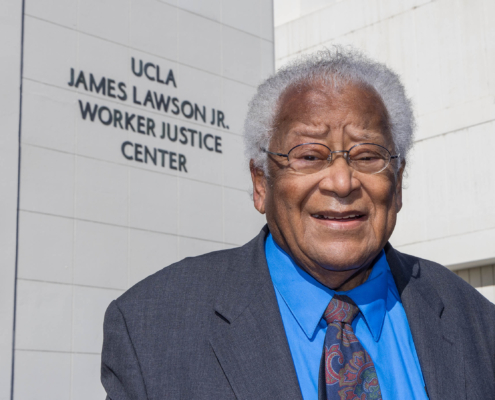
UCLA Labor Center Building Named in Honor of Iconic Civil Rights Leader Rev. James Lawson Jr.
For a building dedicated to ensuring fair treatment and opportunities…
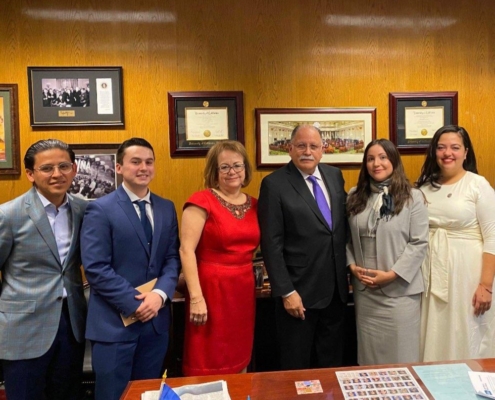
UCLA LPPI Helps Pass Ethnic Studies, Medical Fellowships Bills in California
By: Alise Brillault December 16, 2021 UCLA Latino Policy…
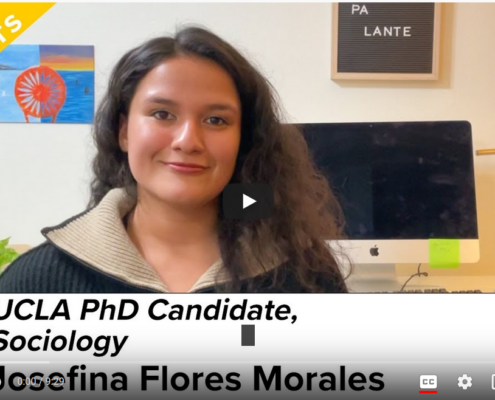
LA Social Science Rising Scholars Series on Undocumented Immigrants with PhD Candidate Josefina Flores Morales
UCLA Sociology Ph.D. candidate Josefina Flores Morales is…
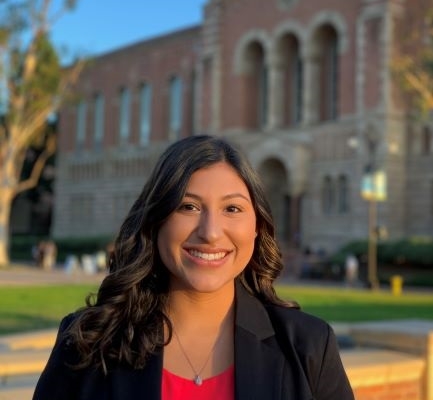
UCLA LPPI Student Fellows Have a Direct Stake in Latino Policy Research
By Alise Brillault, Communications Manager, UCLA Latino Policy…
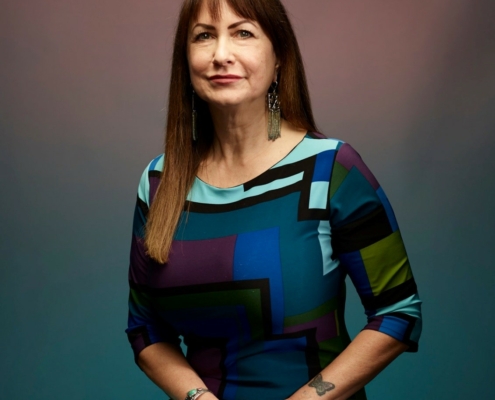
Dr. Shannon Speed Receives President’s Award from American Anthropological Association
Dr. Shannon Speed, citizen of the Chickasaw Nation of Oklahoma…

LPPI Presents “In Conversation: An Interview With Weingart Foundation CEO Miguel Santana”
By Alise Brillault, Latino Policy & Politics Initiative Communications…
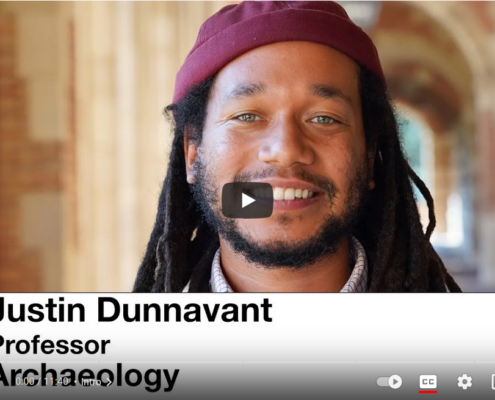
Helping Communities Discover their Truths with Archaeologist Dr. Justin Dunnavant (VIDEO)
LA Social Science interviewed Dr. Justin Dunnavant, Assistant…

Barbara Streisand to Fund Institute at UCLA Focused on Solving Societal Challenges
“Building upon her decades of work as an artist and activist,…

CA Policy Lab Releases Report on Homelessness Focused on Anti-Black Racial Inequities in Los Angeles
The UCLA California Policy Lab (CPL) recently released a new…

UCLA Professor Safiya Umoja Noble Awarded MacArthur Fellowship
Dr. Safiya Umoja Noble, Associate Professor of Gender Studies…

